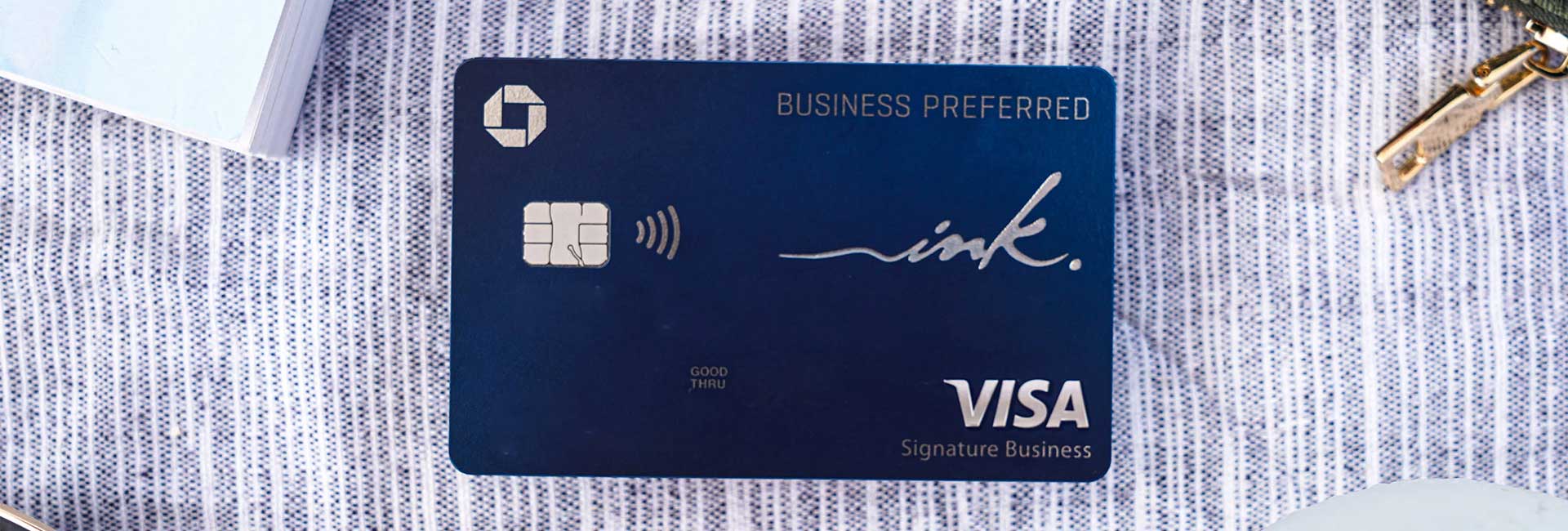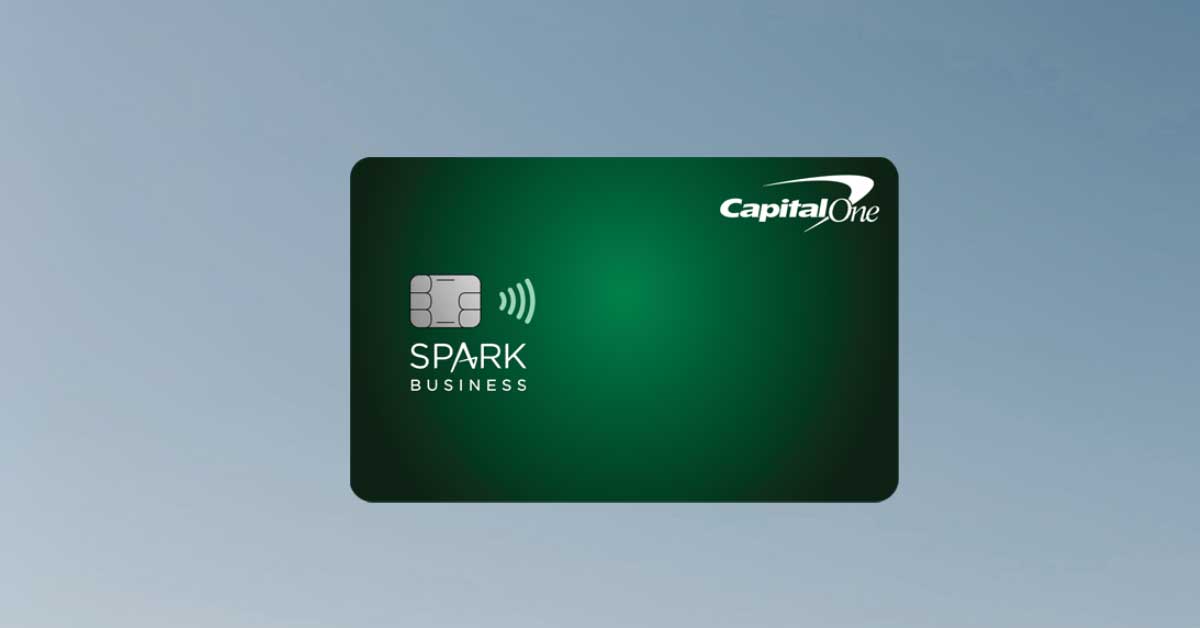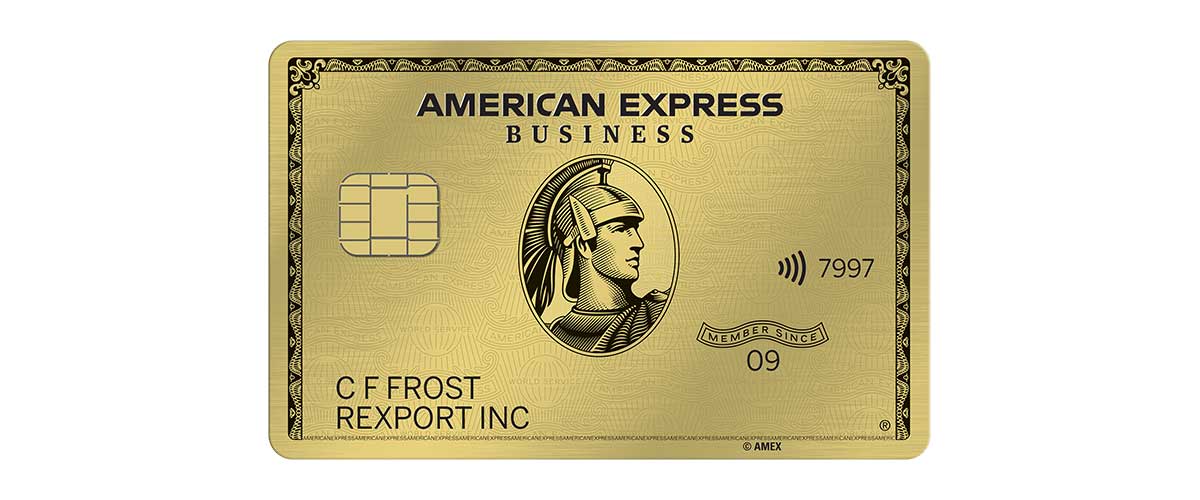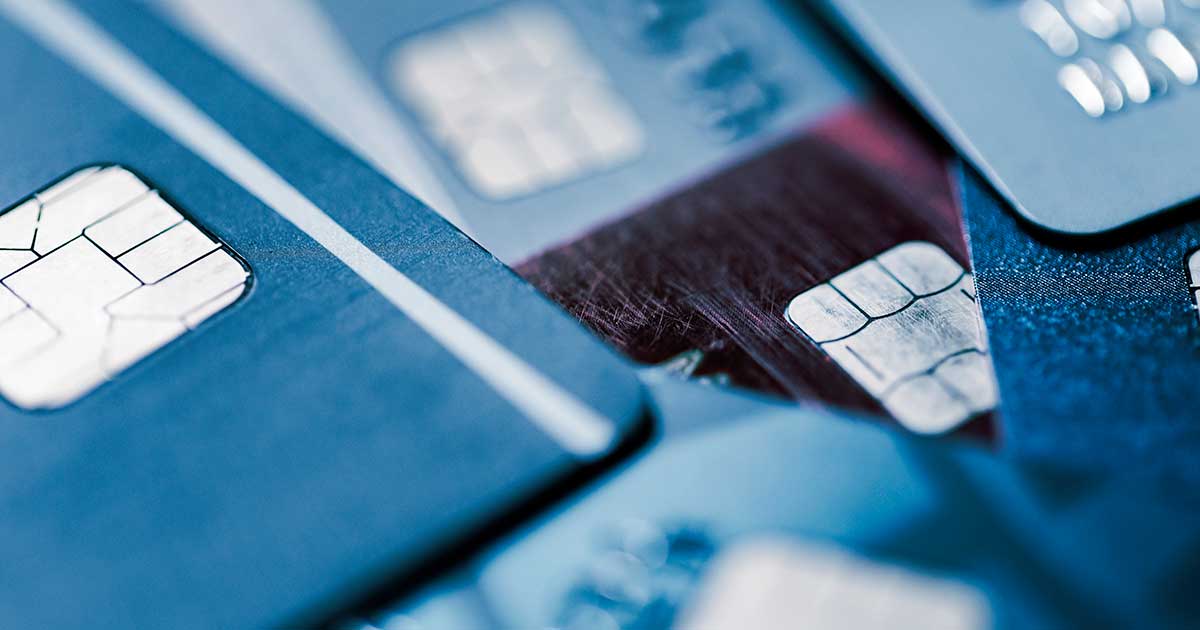Running a small business requires careful financial management, and having the right credit card can make all the difference. Whether you’re looking for cash back on everyday purchases, travel rewards for business trips, or a way to streamline your expenses, choosing the best credit card for your business can help you save money and improve cash flow.
In this guide, we’ll break down the top credit cards for small business owners, outlining their benefits, drawbacks, and who they’re best suited for.

Why Small Business Owners Need a Business Credit Card
A business credit card is more than just a payment tool—it’s a financial resource that can help small business owners manage cash flow, build credit, and earn rewards on everyday expenses. Unlike personal credit cards, business credit cards are designed to meet the unique needs of businesses, offering higher credit limits, expense tracking features, and tailored rewards programs. Below are some key reasons why having a business credit card is essential for small business owners.
Separates Business and Personal Finances
Keeping business and personal finances separate is crucial for maintaining clear financial records and simplifying tax filing. A dedicated business credit card ensures that all business-related expenses are in one place, making it easier to track spending and manage budgets. This separation also helps protect your personal finances by keeping business liabilities distinct, reducing the risk of personal financial complications if business debts arise.
If you use your personal credit card for business expenses, it can be difficult to distinguish between work-related and personal purchases when tax season arrives. A business credit card streamlines this process and keeps your financial records organized.
Helps Build Business Credit
A strong business credit history is essential for securing better financing options, such as higher credit limits, business loans, or lines of credit. By using a business credit card responsibly—making payments on time and keeping balances low—you can establish and improve your business credit score. This can lead to better loan terms, lower interest rates, and increased credibility with suppliers and lenders.
A business owner with a well-established credit history may qualify for lower interest rates on a business loan, whereas one with little or no credit history may struggle to secure financing or face higher borrowing costs.
Access to Higher Credit Limits
Business credit cards typically offer higher credit limits than personal credit cards, allowing business owners to make larger purchases without depleting cash reserves. This can be especially useful for covering inventory, equipment, or operational costs while waiting for revenue to come in. Having a higher credit limit also helps manage seasonal fluctuations, giving businesses financial flexibility during slower months.
A retail store preparing for the holiday shopping season may need to purchase large amounts of inventory upfront. A business credit card with a high limit ensures they can make necessary purchases without dipping into emergency funds.
Rewards and Cash Back on Business Expenses
Many business credit cards provide cash back, travel rewards, or points on common business purchases, helping owners save money on everyday expenses. Depending on the card, you can earn higher rewards in specific categories like advertising, office supplies, gas, travel, or shipping. These rewards can be redeemed for statement credits, travel perks, or even business-related purchases, making it easier to reinvest in your company.
A marketing agency that spends heavily on digital ads can benefit from a card like Chase Ink Business Preferred®, which offers 3X points on advertising purchases. Over time, these points can be redeemed for travel or other business-related expenses.
Managing Cash Flow and Short-Term Expenses
A business credit card acts as a financial buffer when unexpected expenses arise or when cash flow is tight. Instead of pulling from savings or delaying important purchases, a credit card allows you to cover short-term expenses while waiting for client payments or revenue. Some cards even offer introductory 0% APR periods, providing interest-free financing for a limited time, which can be a game-changer for startups or businesses investing in growth.
A consulting firm waiting for client payments to clear can use a business credit card to cover payroll or office expenses without disrupting operations. If the card has a 0% APR period, they can pay off the balance over time without accruing interest.
Valuable Business Perks and Protections
Many business credit cards come with travel benefits, purchase protection, extended warranties, and fraud monitoring, adding extra value beyond just spending power. These perks can reduce business costs, improve security, and offer peace of mind when making large purchases or traveling for work. Additionally, some cards provide expense management tools, allowing owners to categorize and track spending more efficiently.
A business owner purchasing expensive electronics can benefit from purchase protection and extended warranty coverage provided by their credit card, ensuring their investment is safeguarded against damage or defects.
Control Employee Spending
If you have employees who need to make purchases for your business, a business credit card allows you to issue employee cards with customizable spending limits. This feature helps control expenses, prevent unauthorized purchases, and streamline expense reporting. Many business credit cards also offer detailed transaction tracking and automated reporting, making it easier to monitor spending in real-time.
A construction company with multiple project managers can issue business credit cards with spending limits per employee, ensuring that project-related purchases are tracked and controlled without exceeding the budget.

Things to Consider Before Applying for a Business Credit Card
Selecting the right business credit card requires more than just looking at rewards and sign-up bonuses. It’s important to ensure the card aligns with your business’s financial structure, spending habits, and long-term goals.
Below are key factors to consider before applying, along with a deeper dive into how each can impact your decision.
Your Business Spending Habits
Every business has unique spending patterns, and choosing a credit card that aligns with those habits ensures you maximize rewards and benefits. Some cards offer bonus rewards on travel and dining, while others focus on categories like advertising, office supplies, or shipping. If you frequently travel for business, a card that offers bonus points on airfare and hotels will save you more money than a general cash-back card. On the other hand, if your business makes large purchases in multiple categories, a flat-rate cash back card may be a better choice. Evaluating your monthly expenses and matching them with a card’s reward structure will help you get the most value
A digital marketing agency that spends $10,000 per month on Facebook and Google Ads would benefit more from a card like Chase Ink Business Preferred®, which offers 3X points on online advertising, than a card that only offers 1.5% cash back on all purchases.
Annual Fees
Business credit cards come with a wide range of annual fees, from $0 to over $695, depending on the features and perks they provide. While high-end cards often offer premium travel benefits, concierge services, and business tools, it’s essential to determine whether these perks will actually save your business money or improve its operations. If your business doesn’t travel frequently or take advantage of premium benefits like airport lounge access or statement credits, a no-annual-fee card may be a better option. However, if the card’s benefits significantly outweigh the fee, it may be worth the investment.
The American Express Business Platinum Card® has a $695 annual fee, but if your business books frequent flights and hotels, the 5X points on travel, $200 airline fee credit, and lounge access can more than make up for the cost. On the other hand, a business with smaller expenses may prefer a no-annual-fee card like Chase Ink Business Unlimited®, which offers 1.5% cash back on all purchases without extra costs.
Credit Score Requirements
Most business credit cards require good to excellent credit (FICO score of 680 or higher) for approval. If your personal or business credit score is below this threshold, you may have a harder time qualifying for a premium card with high rewards and benefits. However, some lenders offer secured business credit cards or alternative financing options to help new businesses or those with lower credit scores establish a positive credit history. If your score isn’t where it needs to be, it may be worth improving your personal and business credit before applying.
If you have a credit score in the low 600s, applying for a high-end business card may result in rejection, which could temporarily lower your score. Instead, consider a secured business credit card like the Wells Fargo Business Secured Card, which allows you to build credit and later qualify for an unsecured card with better benefits.
Employee Cards & Expense Tracking
If your business has employees who need to make purchases on behalf of the company, look for a credit card that offers free employee cards with spending controls. Many business credit cards allow owners to set individual limits for employees, restrict spending to certain categories, and generate detailed spending reports. These features not only provide transparency and control but also streamline accounting and tax preparation. Additionally, some cards offer real-time purchase notifications, helping prevent unauthorized expenses.
A retail business with multiple managers handling inventory orders would benefit from a card like Chase Ink Business Preferred®, which allows free employee cards and provides customizable spending limits and category tracking. This ensures employees can make necessary purchases without exceeding the business’s budget.
By carefully evaluating these factors, business owners can select a credit card that enhances cash flow, maximizes rewards, and improves financial management. The right card can make a significant impact on how efficiently a business operates, so taking the time to choose wisely is essential.

1. Best Overall Business Credit Card: Chase Ink Business Preferred®
Why It’s the Best
The Chase Ink Business Preferred® is widely regarded as one of the best credit cards for small business owners due to its generous rewards, flexible redemption options, and valuable travel perks.
Key Benefits:
- Huge Sign-Up Bonus – Earn 100,000 points after spending $8,000 in the first 3 months (worth $1,250 toward travel).
- 3X Points on Business Expenses – Earn triple points on travel, shipping, internet, phone, and online advertising (up to $150,000 per year).
- Travel Perks – Points are worth 25% more when redeemed for travel through Chase Ultimate Rewards®.
- Cell Phone Protection – Covers up to $1,000 per claim against damage or theft when you pay your bill with this card.
- Employee Cards at No Extra Cost – Track and control spending while earning additional rewards.
Who Should Get It?

2. Best Cash Back Business Card: Capital One Spark Cash Plus
Why It’s Great for Cash Back
The Capital One Spark Cash Plus is perfect for businesses that want straightforward, unlimited cash back without worrying about spending categories.
Key Benefits:
- 2% Unlimited Cash Back – Earn unlimited 2% cash back on all purchases with no spending caps.
- $1,200 Bonus Offer – Get a $1,200 cash bonus after spending $30,000 in the first 3 months.
- No Preset Spending Limit – Ideal for businesses with large purchases or fluctuating expenses.
- Year-End Summary Reports – Simplifies bookkeeping and tax preparation.
Who Should Get It?
Business owners with high spending who prefer simple, automatic cash-back rewards without tracking categories.

3. Best Business Credit Card for Startups: American Express® Business Gold Card
Why It’s Ideal for Startups
The Amex Business Gold Card is a flexible option that automatically adapts to your business’s biggest expenses, making it ideal for startups and growing businesses.
Key Benefits:
- 4X Membership Rewards Points – Earn 4X points on your top two spending categories each month (up to $150,000 per year).
- Flexible Spending – The card adjusts its limits based on your business’s spending habits.
- Travel and Business Perks – Includes baggage insurance, purchase protection, and access to Amex Offers.
Who Should Get It?
Startups and businesses with varied expenses who want a card that maximizes rewards automatically.
Final Thoughts
The right business credit card can help you earn rewards, improve cash flow, and simplify expenses while also providing valuable perks like travel benefits, purchase protection, and cash-back savings. Whether you’re looking for the best rewards, the most flexible spending options, or premium travel perks, there’s a perfect business credit card for you.
By carefully choosing the best credit card for your small business, you can maximize your spending power and set your company up for long-term financial success

